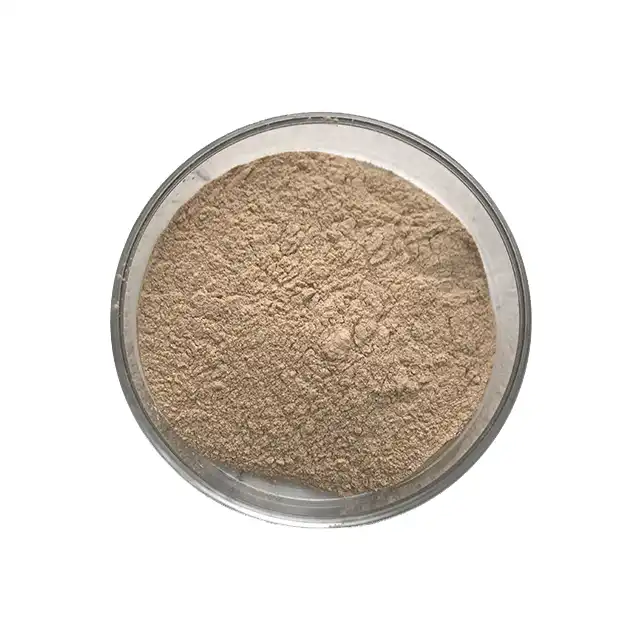
Bacillus
Bacillus is a Gram-positive bacterium. Spores are produced, aerobic or facultatively anaerobic, most are motile, non-capsulated, most are hemolytic, and usually catalase positive. The molar content of G+C in DNA is 32 to 62%. An important property of bacteria of this genus is the ability to produce spores that are particularly resistant to adverse conditions.
Found in diverse habitats, a few species are pathogenic to vertebrates and invertebrates. Including Bacillus anthracis, which is pathogenic to humans and animals, Bacillus cereus, which can cause food poisoning, and non-pathogenic Bacillus subtilis, Bacillus mycoides, Bacillus polymyxa, etc. The main ones used in food are Bacillus coagulans and Bacillus smithii.
Bacillus coagulans was originally isolated from rancid canned milk by Hammer and described as a new species. Later, these bacteria were isolated from rancid preserved foods. They produced high concentrations of L-lactic acid, which caused the rancidity of canned foods containing carbohydrates, thus attracting people’s attention. Blumenstock divided Bacillus coagulans into two groups based on phenotypic and genotypic characteristics. One group is represented by Bacillus coagulans, and another group of strains has low DNA similarity values with related species of Bacillus, and is also different from Bacillus coagulans in phenotypic characteristics, so it is designated as a new species and named Bacillus smithii.
Application
Health food and pharmaceutical fields.
1. Inhibit intestinal bacteria
2. Comprehensively reduce various toxins in the intestines through four methods: acid production, bacteriostasis, decomposition, and adsorption.
3. Promote the phagocytic function of the monocyte-macrophage system, improve cellular and humoral immunity, and enhance resistance.
4. Improve constipation by optimizing basic intestinal functions through the system.
5. Bacillus coagulans has significant effects on acute and chronic diarrhea, intestinal dysfunction, irritable bowel syndrome, ulcerative colitis, etc.
6. Bacillus coagulans increases the proportion of beneficial bacteria and optimizes the structure of intestinal flora, thereby reducing the risk of disease, enhancing function, and delaying aging.
